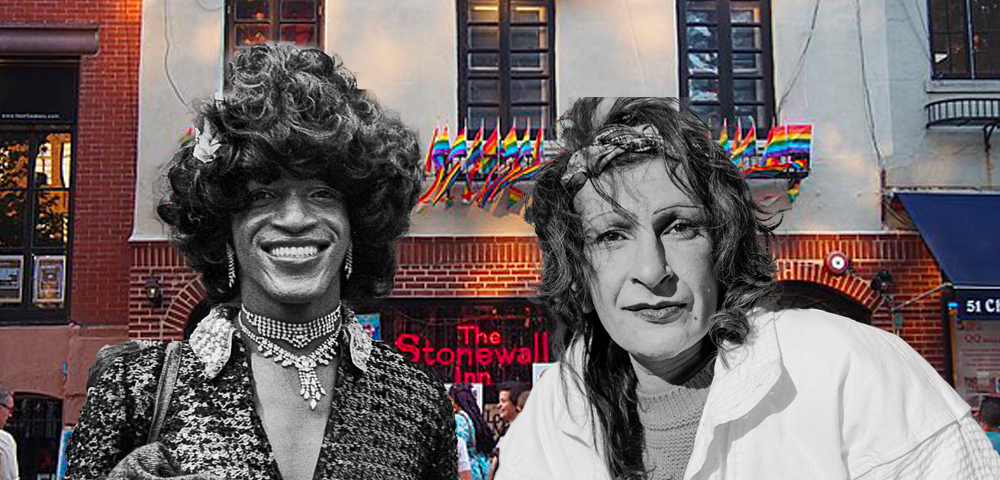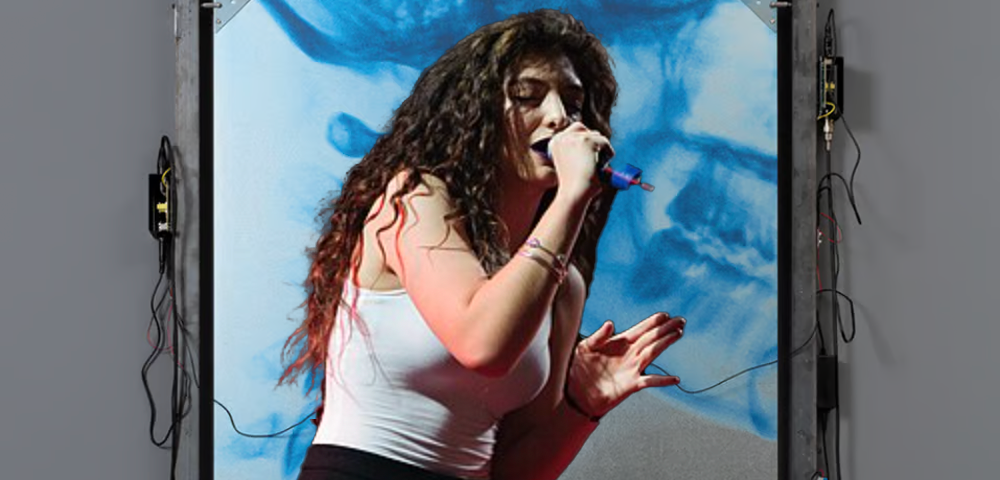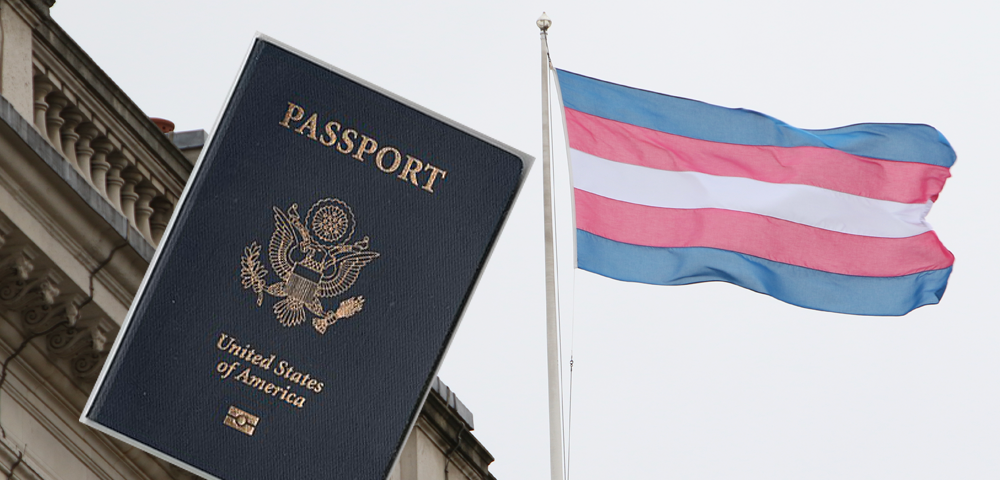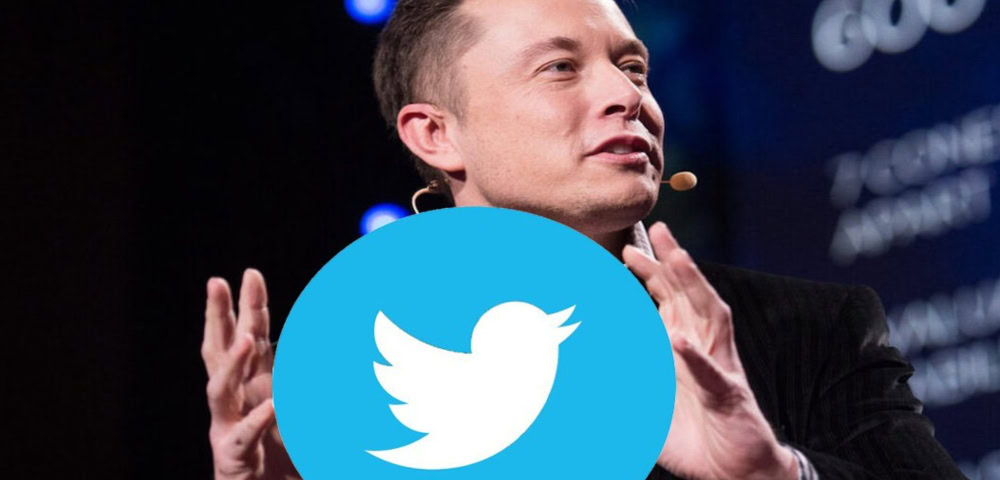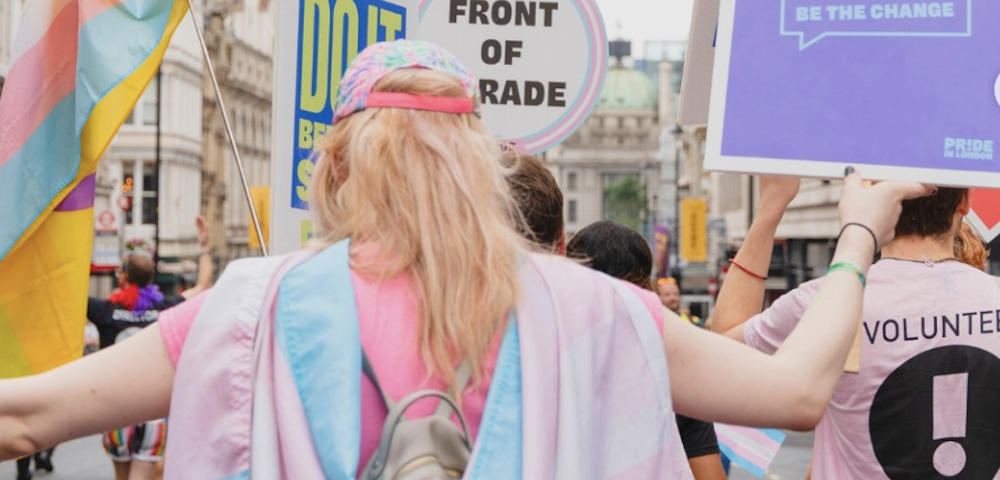
The UN launches intersex awareness campaign

THE United Nations has launched a new campaign aimed at increasing awareness around the issues and stigma faced by intersex people around the world.
INTERSEX people make up 1.7 per cent of the population and are born with variations in their physical sex characteristics, such as anatomy or chromosomes. These variations can be visible at birth, but in some cases aren’t apparent until puberty.
Being intersex is different from sexual orientation or gender – an intersex person can be straight, gay, lesbian, bisexual, or asexual, and they might be a woman, a man, both, or neither.
The United Nations for Intersex Awareness campaign aims to educate people about what it means to be intersex, and to highlight the human rights issues they face.
UN High Commissioner for Human Rights Zeid Ra’ad Al Hussein said intersex people face stigma from the moment they’re born.
“Because their bodies don’t comply with typical definitions of male or female, intersex children and adults are frequently subjected to forced sterilisation and irreversible surgery, and suffer discrimination in schools, workplaces, and other settings,” he said.
In Australia and many other places around the world intersex children have involuntary or coerced medical interventions at a young age to ‘sterilise’ their bodies and erase their intersex traits.
The campaign highlights a number of people in the intersex community, who each speak about the discrimination they’ve faced. One such voice is that of Esan.
“Some intersex people are born with the sexual anatomy of both genders,” they said.
“I was raised as a girl, but when I reached the age of thirteen I started growing as a boy.
“When I went to school, people would make fun of me. They would look at my girl’s name and not understand why I looked like a boy. My friends didn’t want me around them, even my teachers looked down on me.
“I felt so alone.”
Another person highlighted in the campaign is Julius, who said he has to constantly hide the fact he’s intersex to feel accepted and safe.
“It is exhausting, depressing, and kills you slowly,” he said.
“I have suffered harassment throughout my life, and was taught growing up that my body is not mine, it is a public spectacle to be abused and examined against my will.”
Alongside the campaign the UN also published a statement signed by UN Treaty Bodies, Special Rapporteurs and experts, the African Commission on Human and Peoples’ Rights, the Council of Europe Commissioner for Human Rights, and Inter-American Commission on Human Rights.
“Intersex children and adults should be the only ones who decide whether they wish to modify the appearance of their own bodies,” it read.
“While awareness of the existence and rights of intersex people is slowly growing thanks to the work of intersex human rights defenders, only a handful of countries have taken concrete measures to uphold their rights and protect them from abuses.
“States should investigate human rights violations against intersex people, hold those found guilty of perpetrating such violations accountable and provide intersex people subjected to abuse with compensation.”
The campaign was launched to coincide with Intersex Awareness Day.




